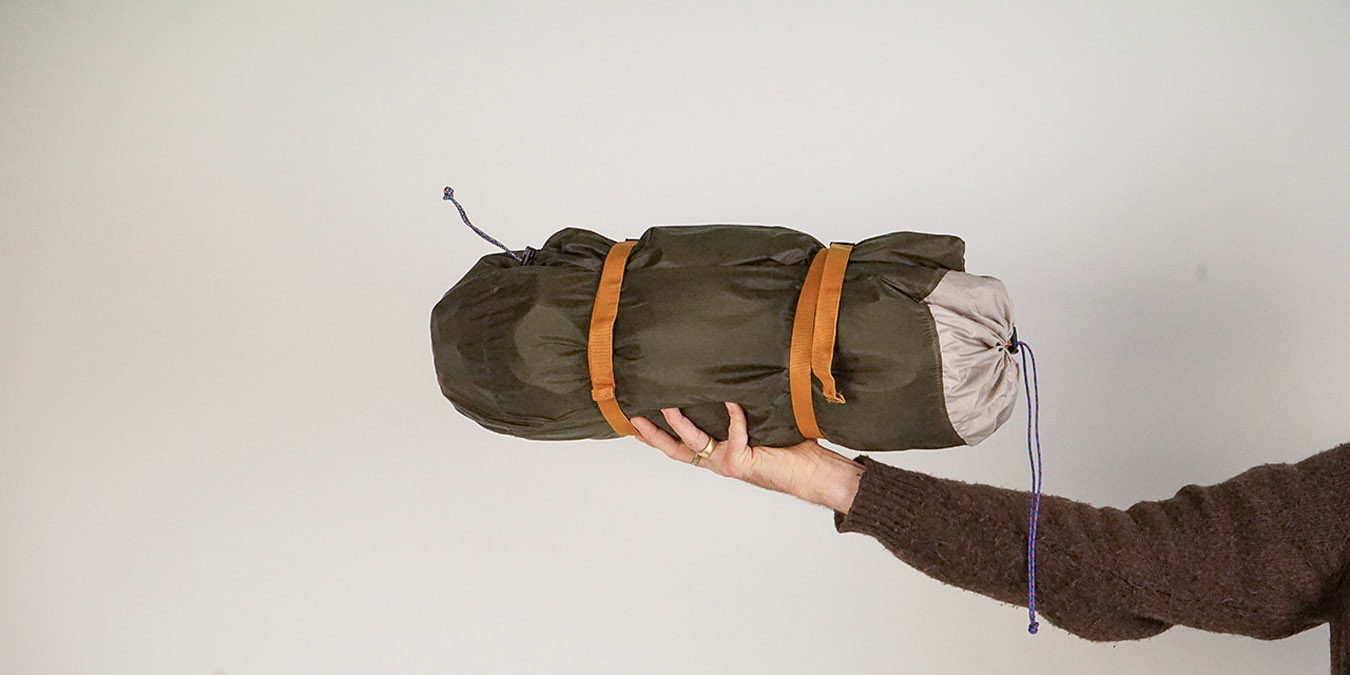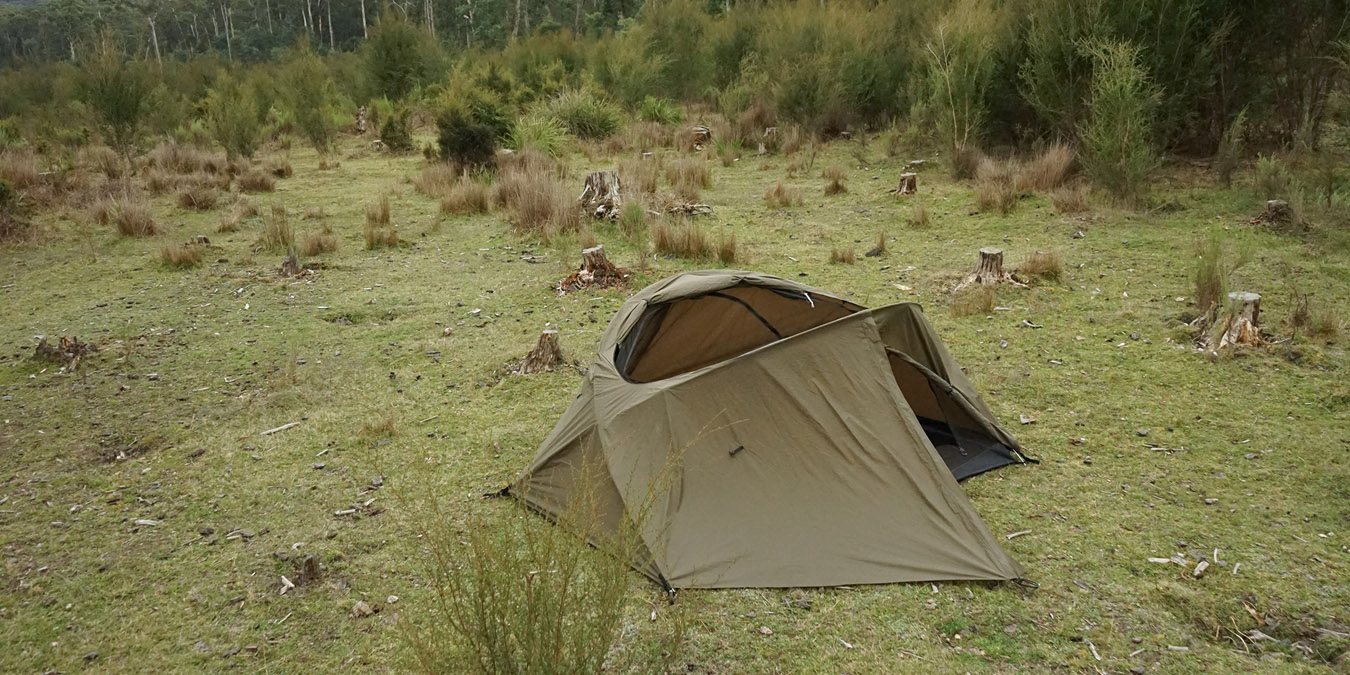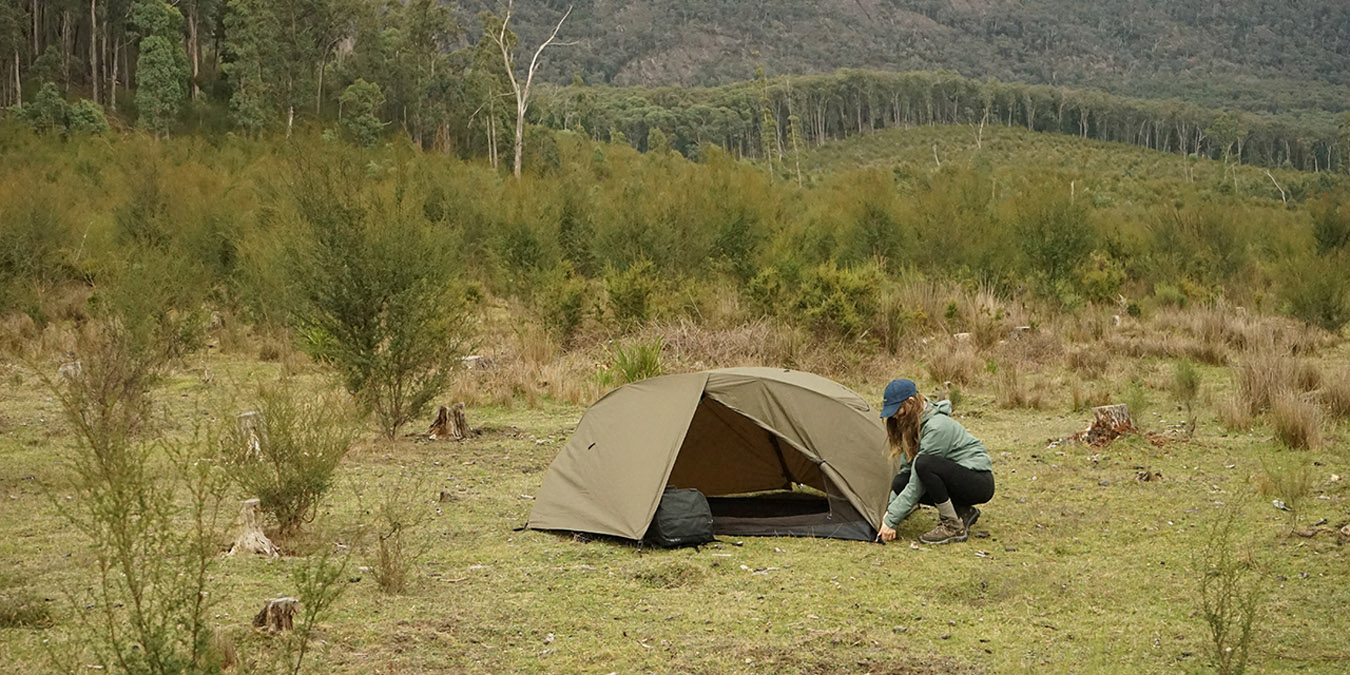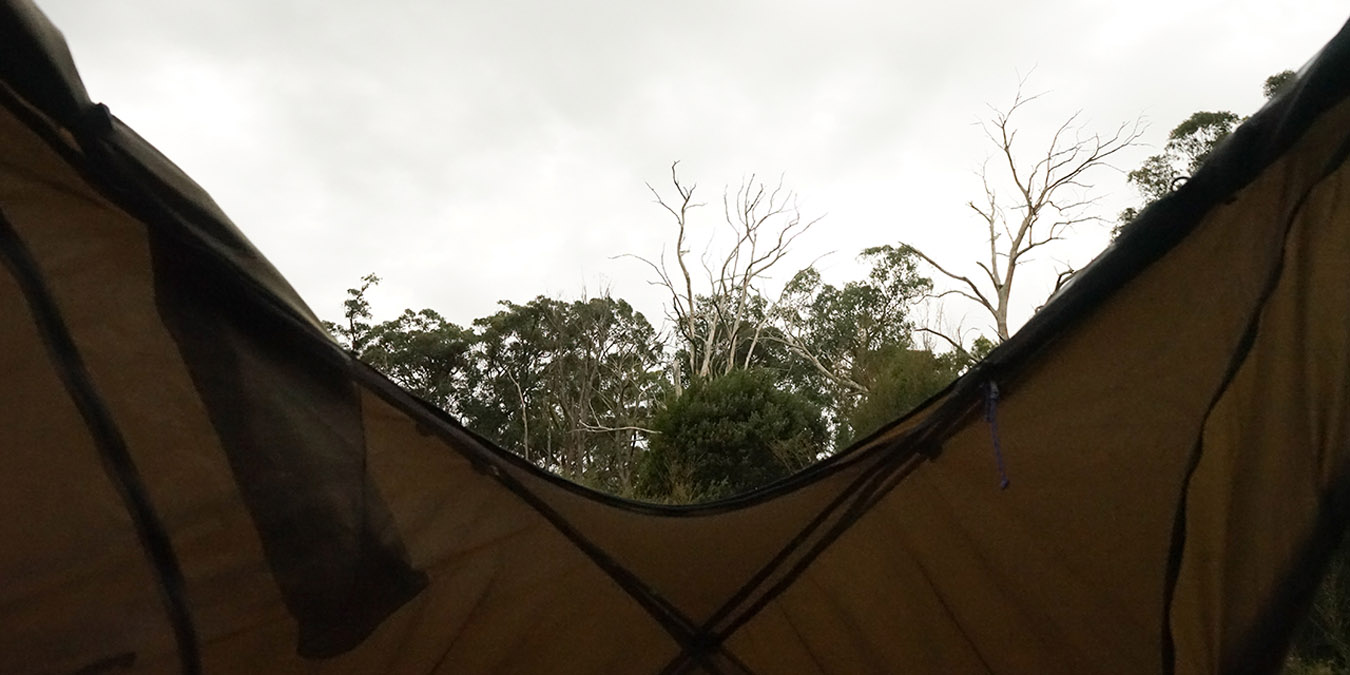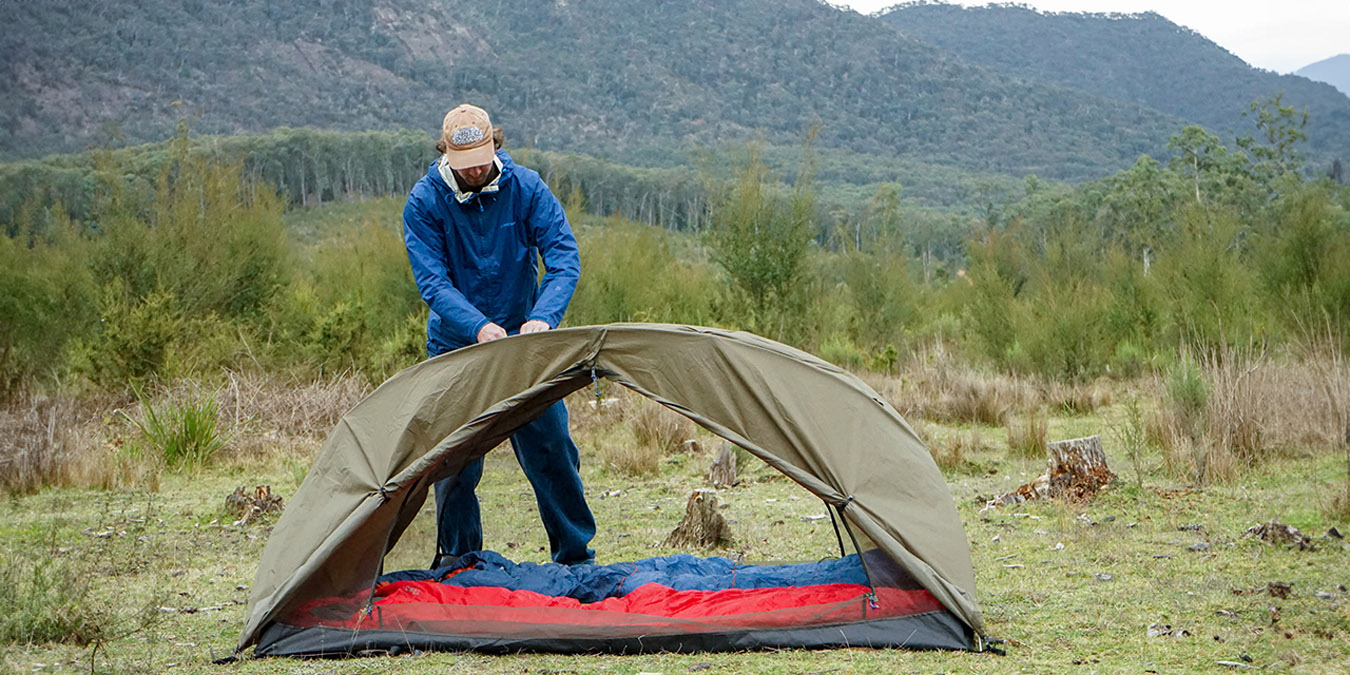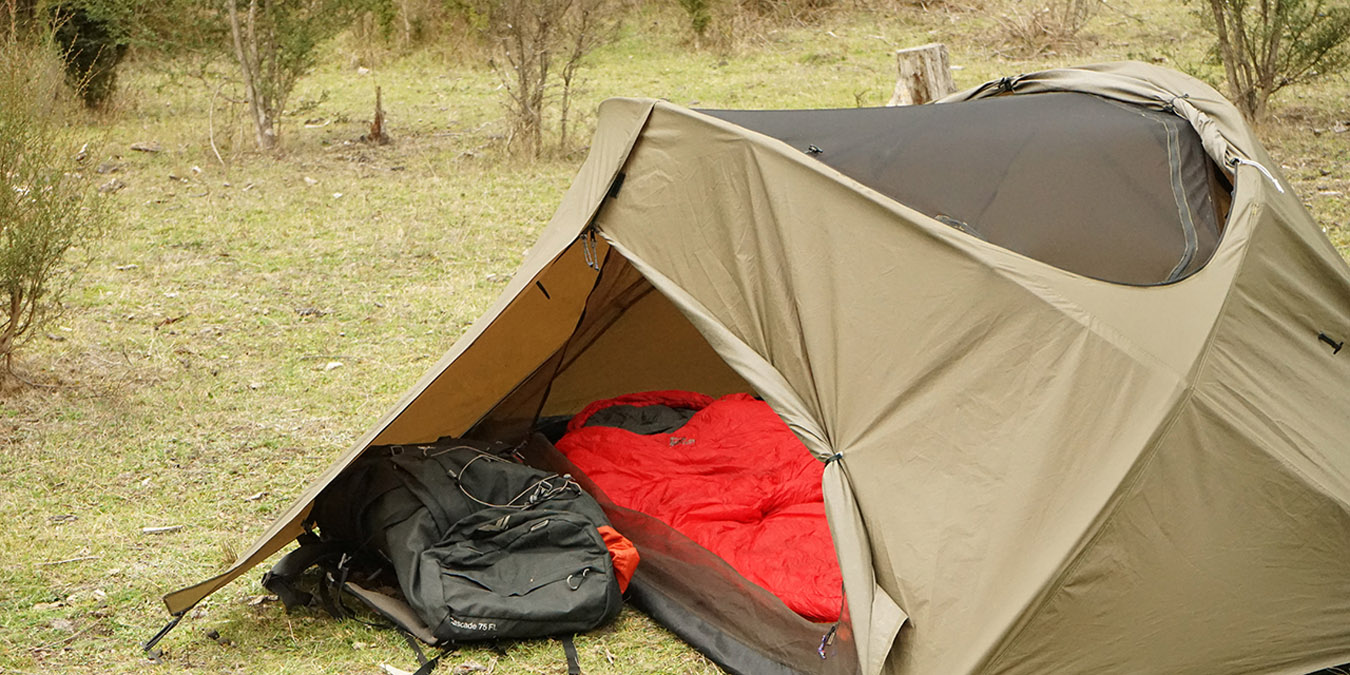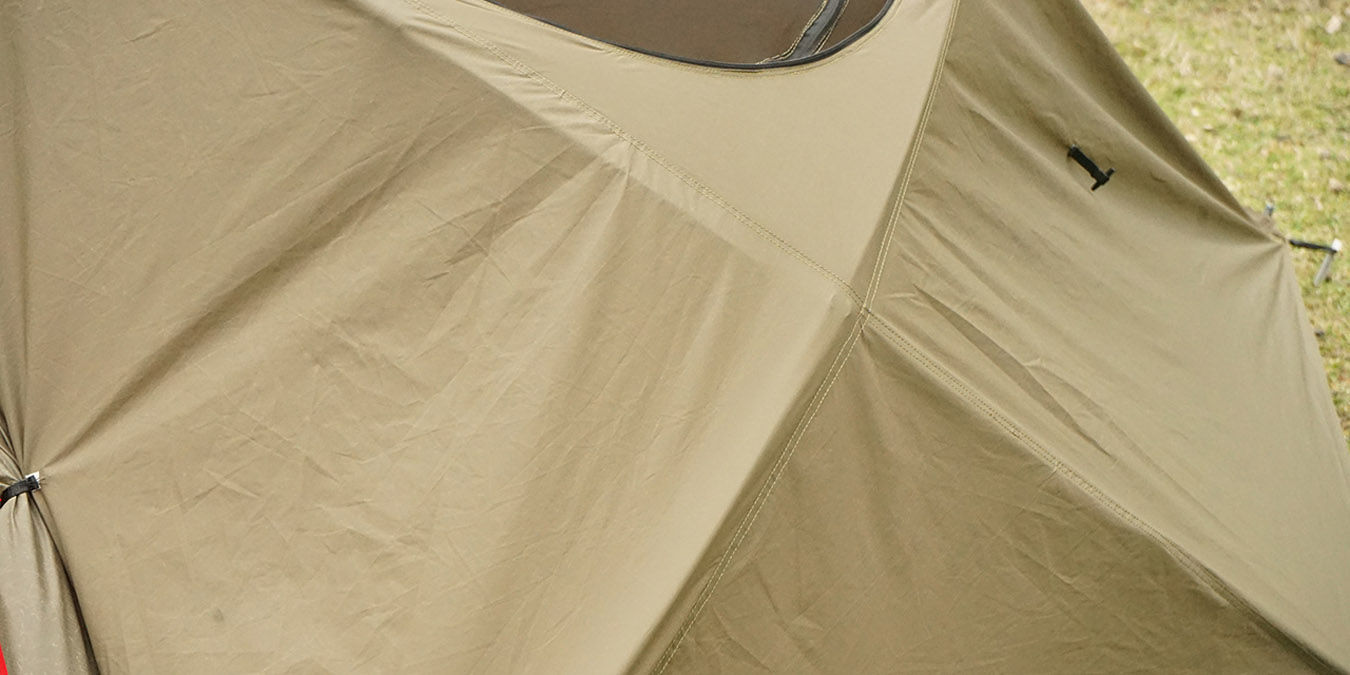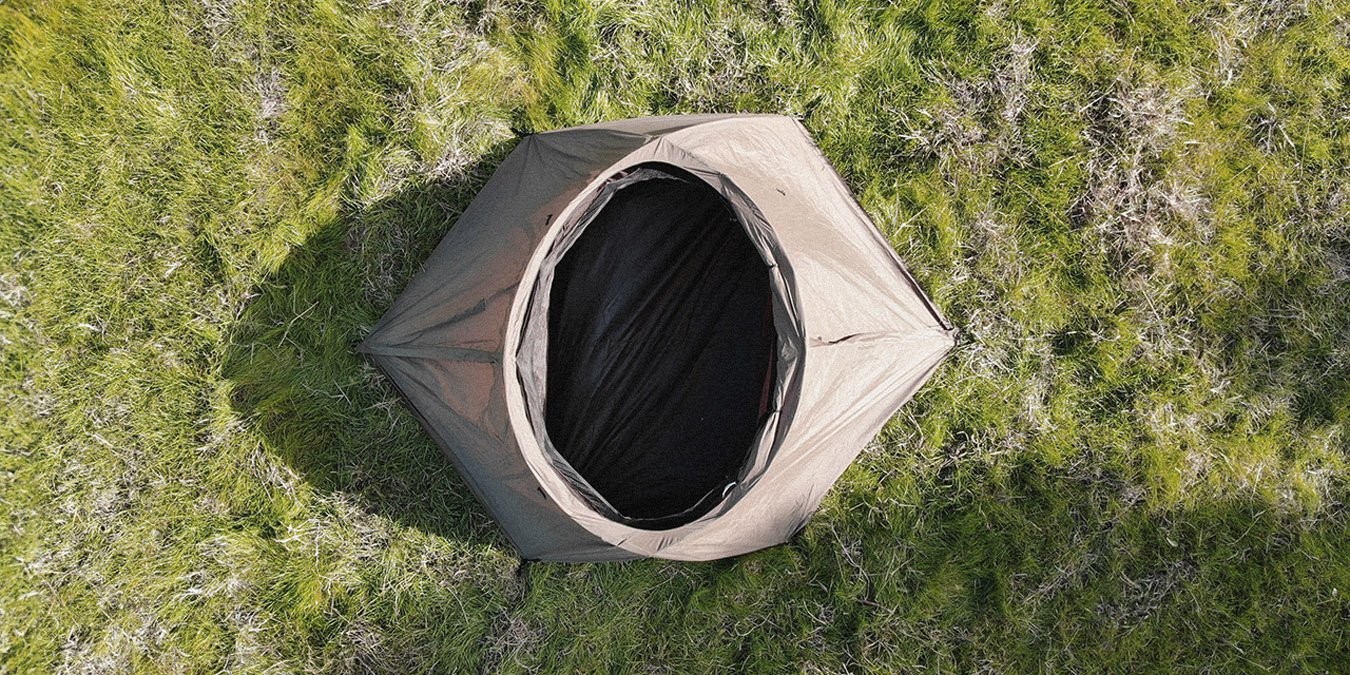The design process of the ”Nurture” project, as detailed in the Design Honours Thesis, is a testament to a thorough and professional approach. From the initial stages of ideation to the final prototype construction, the project demonstrates a clear and methodical design journey.
The design process began with an exploration of the hiking equipment industry and an analysis of current design decisions and focuses. I also delved into other aspects of nature and culture and their interconnectedness. Furthermore, I conducted research in anthropology to gain a deeper understanding of our relationship with nature. This research allowed me to examine various precedents and conduct case studies to comprehend what a connection to nature entails. This fieldwork occupied the majority of the first half of the project.
For me, the design process is not always linear. While I conducted literary research, interviewed industry professionals, and gained insights into the hiking industry and our connection to nature, I simultaneously explored ideas and designs related to these themes. This approach enabled me to remain open to a multitude of ideas without being limited by my research.
Regarding meeting or exceeding the design brief, the ”Nurture” project excels. The project aims to bridge the gap between nature and modern living, and this goal is consistently reflected in the design choices and outcomes. The feedback from presentations and the iterative refinement process strongly align with the project’s objectives. The project’s focus on creating a nature-connected experience by designing hiking products, particularly tents, demonstrates a deep understanding of the brief and a commitment to exceeding expectations.

